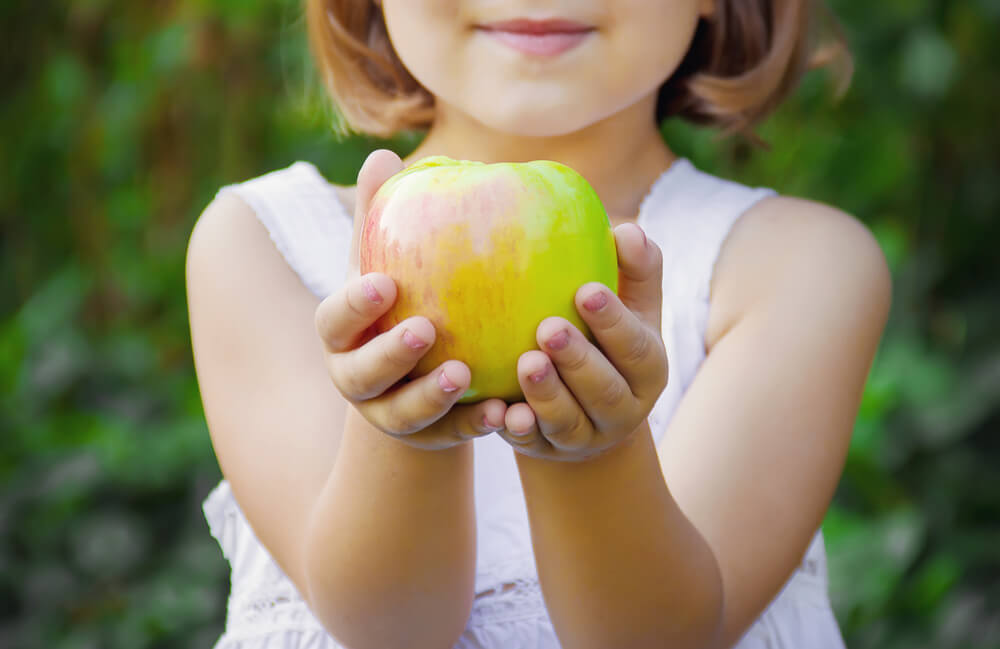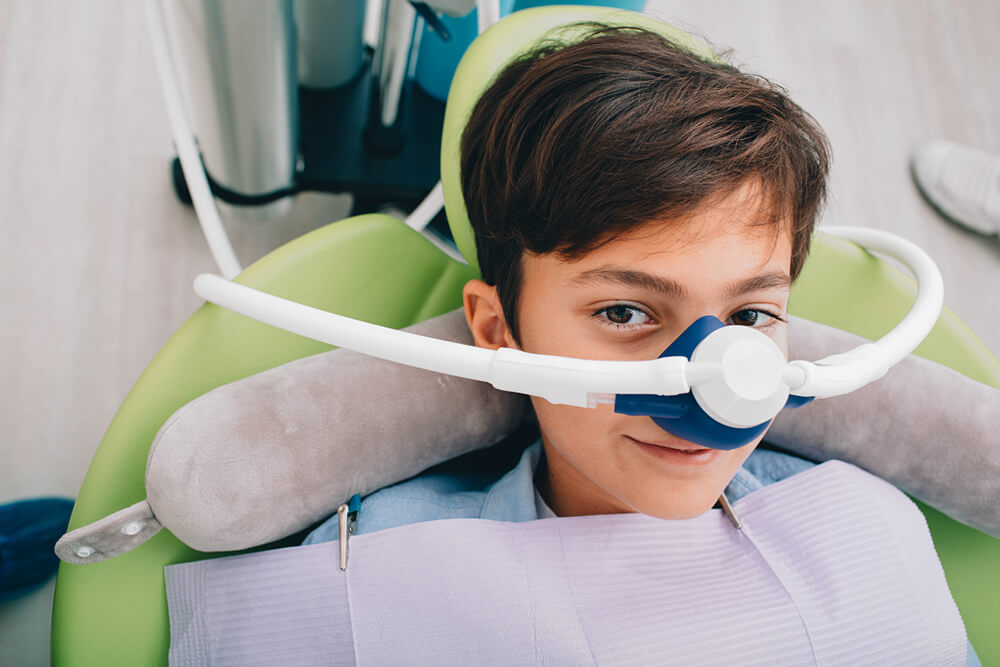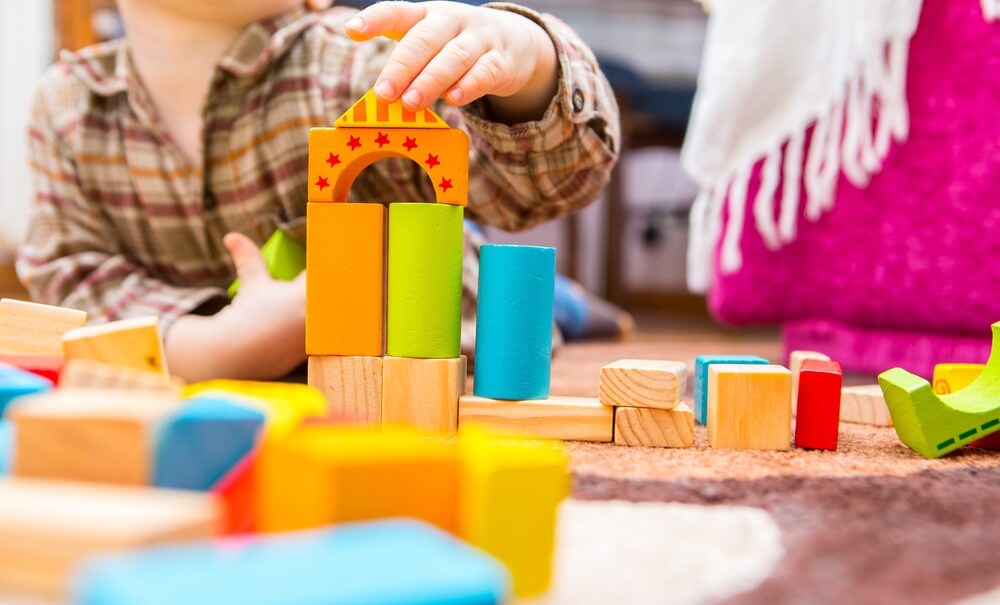Do you use mouthwash as part of your oral hygiene routine? If so, then you are probably aware of the various benefits associated with regular mouthwash use. However, just because mouthwash is good for you, how do you know if it’s appropriate for your child? Generally speaking, mouthwash can be beneficial for children if used correctly. To make sure your child is getting the most out of daily mouthwash use, let’s take a look at what mouthwash is, how it works, and how your child should use it to boost their oral health.
What is mouthwash?

In the stores, mouthwash can be recognized as colorful liquid in bottles stacked on shelves along the dental aisle. While mouthwash for adults traditionally comes in blue or green shades, mouthwash for children tends to have a larger color variety. Mouthwash for adults can also have a variety of different formulas that are intended to accomplish a specific oral health goal such as controlling plaque and tartar accumulation, reducing bad breath, preventing tooth decay, or whitening the teeth.
However, when it comes to mouthwash for kids, most formulas are made to prevent tooth decay, since this is the most prevalent dental issue pediatric dentists see on a regular basis. This means that child mouthwashes are formulated with fluoride, which is used to strengthen the tooth enamel. Additionally, mouthwashes for kids may also help to reduce plaque accumulation as well in order to protect against decay. Plaque-preventing mouthwashes may contain ingredients such as eucalyptol, menthol, thymol, and methyl salicylate. Finally, mouthwashes for children are generally available in a variety of fun flavors that kids will enjoy and are alcohol-free to prevent excessive stinging during use.
How does mouthwash work?

In the simplest sense, mouthwash works by cleaning the inside of the oral cavity. Most mouthwashes are intended to be swished around the inside of the mouth for a minimum of 30 seconds before being spit out. As it is being swished throughout the mouth, mouthwash will work to loosen and remove plaque and bacteria from the surface of the teeth. It will also help to remove any pieces of food debris that may have been left in the mouth.
The fluoride contained in kids mouthwash will also coat the surface of the teeth, making the enamel stronger and protecting against tooth decay. In some cases, however, it is possible to have too much fluoride. When this happens, it is known as fluorosis and it can easily be diagnosed and treated by your child’s pediatric dentist. Usually the first sign of fluorosis is white spots on your child’s teeth.
Mouthwash Guidelines for Kids:
If you choose to implement mouthwash use in your child’s oral health routine, there are a few things that you should be aware of. Here are a few guidelines to follow:

- Mouthwash should only be used by kids over the age of six. This is because kids under the age of 6 may not have the necessary motor functions to properly rinse and spit. Another reason is because children under six are more likely to develop fluorosis as a result of too much fluoride.
- Mouthwash should never be swallowed as it can cause nausea or other stomach problems. Before allowing your child to use mouthwash, you should have them practice swishing and spitting water to ensure they know how to properly do so.
- Bottles of mouthwash should always be stored out of your child’s reach and taken down only for daily use. This prevents your child from accidentally consuming large amounts of mouthwash, especially if they like the flavor.
- Using mouthwash should never replace regular brushing and flossing, however it can be a great addition to your child’s daily oral hygiene routine.






